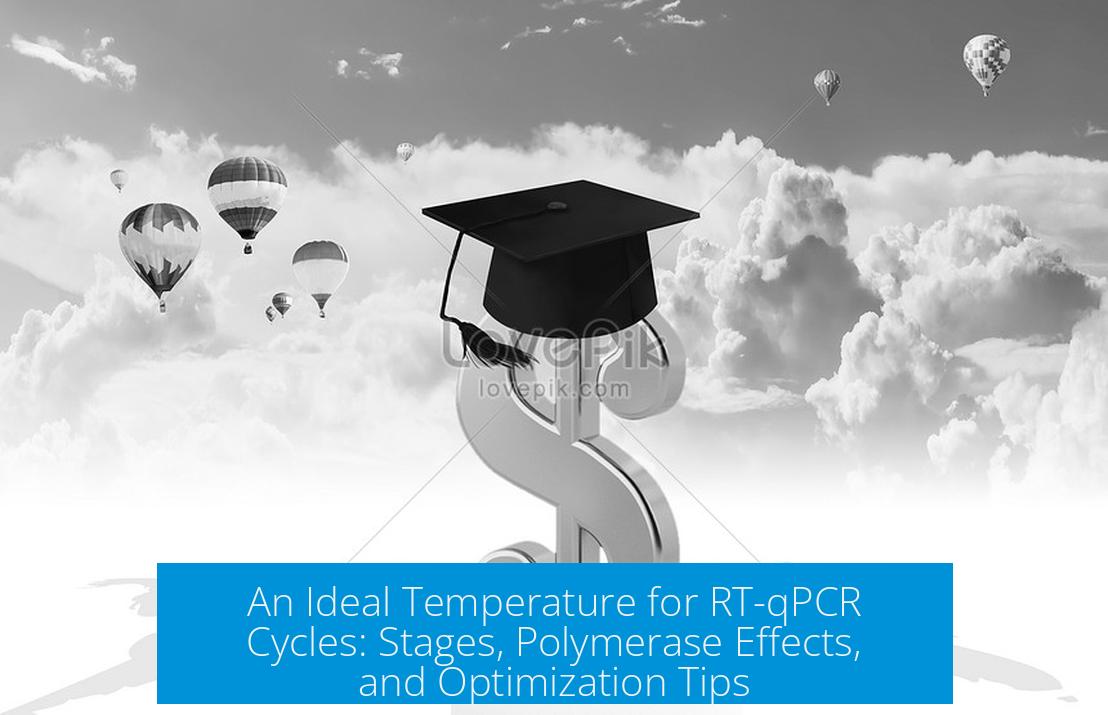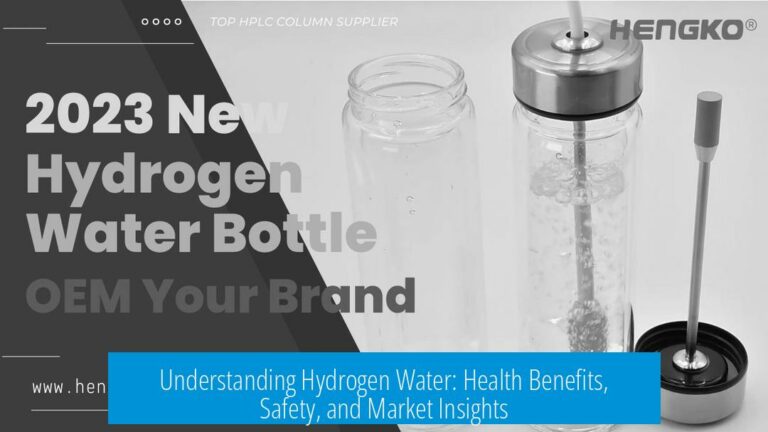An Ideal Temperature for RT-qPCR Cycles
The ideal temperature for RT-qPCR cycles varies mainly by the polymerase used. Generally, denaturation occurs at 95°C, annealing near 60°C, and extension at 60–72°C depending on the enzyme and protocol. Manufacturers’ instructions provide the best guidance. Custom polymerases require literature consultation. Gradient PCR helps optimize annealing temperatures.
Temperature Stages in RT-qPCR
- Denaturation Temperature: This step usually happens at 95°C. It melts the double-stranded DNA, separating it into single strands for amplification.
- Annealing Temperature: Typically around 60°C, it allows primers to bind specifically to target sequences. Some kits combine annealing and extension at this temperature.
- Extension Temperature: While 60°C is common, some protocols separate extension at around 72°C, which is standard for many DNA polymerases.
Polymerase Dependency on Temperature
Optimal temperatures depend on the polymerase enzyme. Most commercial RT-qPCR kits recommend an annealing/extension temperature at 60°C. However, some enzymes require a distinct extension temperature of about 72°C for effective synthesis.
Manufacturer guidelines take precedence as they test their enzymes thoroughly. When using custom or self-made polymerases, it is crucial to consult scientific literature to determine ideal temperatures. This ensures robust amplification without enzyme inactivation or inefficient primer binding.
Practical Advice on Temperature Optimization
Modern thermal cyclers often support gradient PCR, which enables testing a range of annealing temperatures simultaneously. This technique helps identify the temperature that yields the best amplification efficiency and specificity.
Extension at very high temperatures such as 95°C is ineffective. At 95°C, polymerases become inactive and DNA strands are not in a suitable conformation for extension. It is important to balance temperatures to maintain enzyme activity and promote precise amplification.
Key Takeaways
- Denaturation is usually at 95°C.
- Annealing is commonly at 60°C but varies by polymerase.
- Extension temperatures range from 60°C to 72°C depending on enzyme.
- Follow manufacturer recommendations for best results.
- Use gradient PCR to optimize annealing temperature experimentally.
- Extension at 95°C is ineffective due to enzyme inactivation.





Leave a Comment